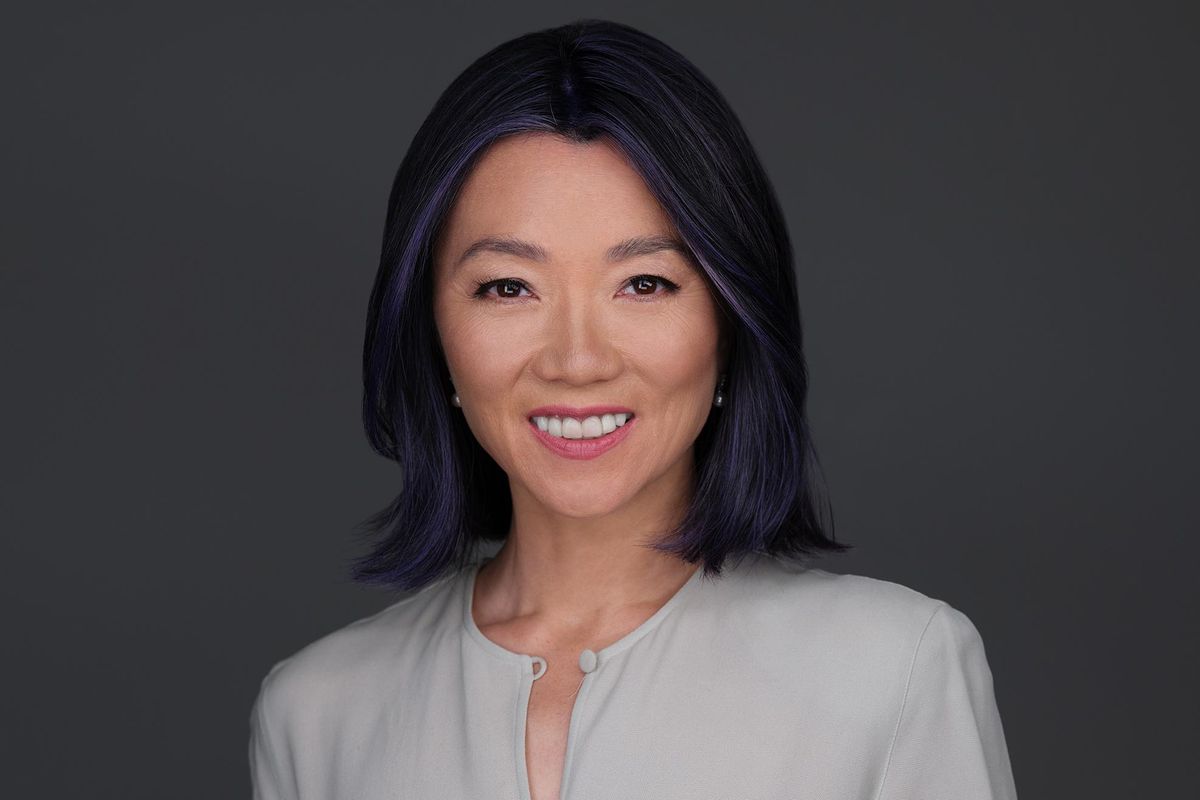Houston biomanufacturing accelerator adds pilot plant to support scale-ups
new digs
Houston accelerator BioWell announced this month that it has taken over operations of Texas BioTechnology’s pilot plant in Richmond, Texas.
The 33,000-square-foot facility is one of the largest of its kind in the U.S. and features molecular biology labs, advanced automation, fermentation equipment and 16 dedicated benches for early-stage industrial biomanufacturing companies, according to a release from the company. It will allow BioWell to offer on-site education, workforce development, and lab training for students and workers.
BioWell and its founding company, First Bight Ventures, report that the facility should help address the industry's "scale-up bottleneck due to limited pilot- and demonstration-scale infrastructure" in the U.S.
"As a Houston-based accelerator dedicated exclusively to early-stage biomanufacturing startups, partnering with this facility was a natural and highly strategic decision for us. The site is fully operational and offers a strong platform to support biomanufacturing companies, industry leaders, and research institutions, providing critical expertise and infrastructure across a broad range of biotechnology production processes,” Veronica Breckenridge, founder of First Bight Ventures and BioWell, said in a news release.
First Bight Ventures shares that the partnership with the facility will also allow it to better support its portfolio companies and make them more attractive to future investors.
BioWell will host an open house and tours of the fermentation and lab spaces and an overview of current bioindustrial projects Wednesday, May 28, at 10:30 a.m. and 2 p.m. RSVPs are required.
BioWell was originally funded by a $700,000 U.S. Economic Development Administration’s Build to Scale grant and launched as a virtual accelerator for bioindustrial startups. Listen to an interview with Carlos Estrada, head of venture acceleration at BioWell, here.
- Houston regenerative medicine company expands lab for future trials ›
- California-based healthcare co. expands to Houston with new bioskills lab ›
- Former Apple exec starts Houston-based VC firm focused on synthetic biology ›
- Houston nonprofit synthetic biology accelerator names inaugural executive director ›


 Investor advocates now is the time to position Houston as a leading biomanufacturing hub
Investor advocates now is the time to position Houston as a leading biomanufacturing hub




